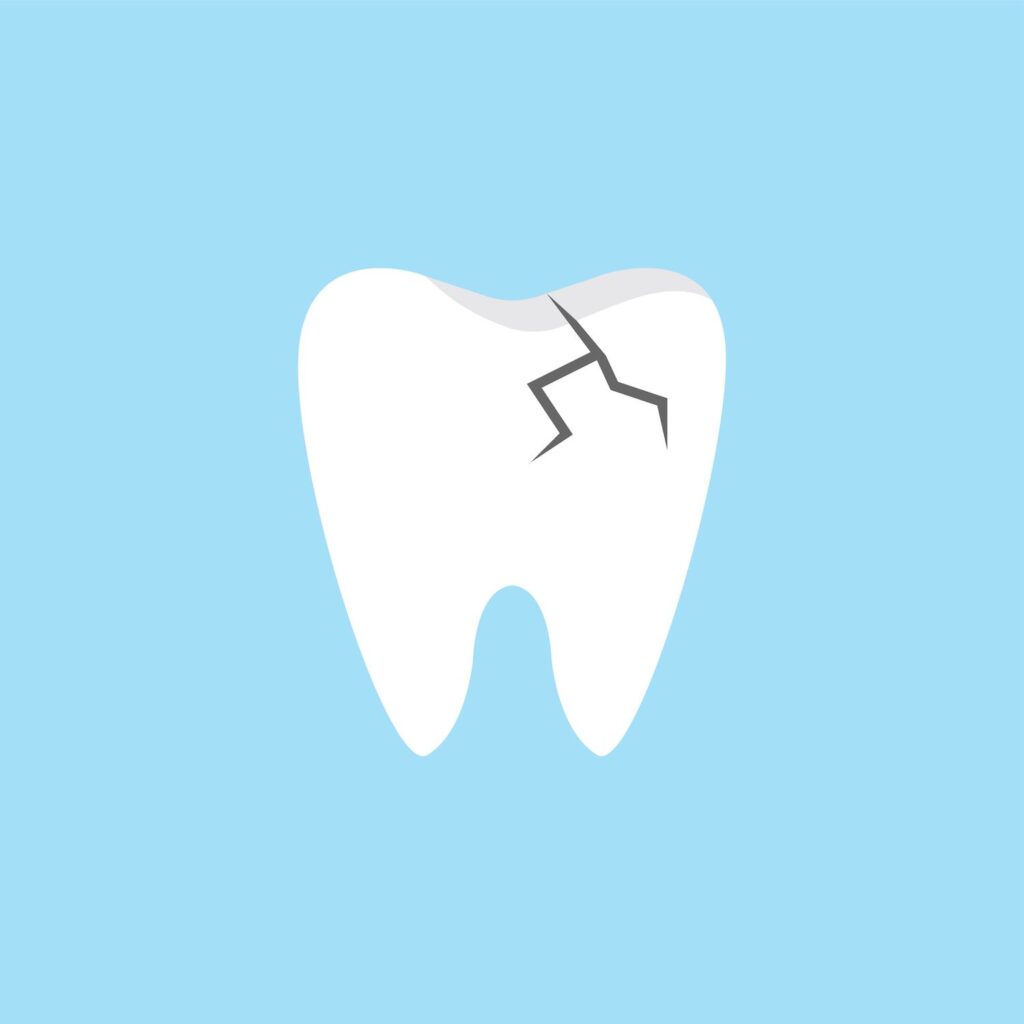Dental emergencies can happen to anyone, anytime. Knowing how to handle these situations can help protect your teeth and oral health. There are several types of dental emergencies that you need to handle differently. Information can be the difference between a routine dental emergency and a costly procedure.

Types of Dental Emergencies
When it comes to dental emergencies, they can be broadly categorized into several types:
Toothaches
One common dental emergency is a sudden, intense toothache. This can be caused by different things, such as a cavity, gum infection, or even a cracked tooth. If you experience a severe toothache, it’s essential to see a dentist promptly. A toothache can mean there is a much more serious issue on the horizon. As a result, you need to see the dentist.
Knocked-Out Tooth
Accidents happen, and a knocked-out tooth is a dental emergency that requires immediate attention. If possible, try to place the tooth back into its socket gently. If that’s not feasible, keep it in a container of milk and get to the dentist as soon as possible. You have a small window of time to rescue your tooth.
Broken or Chipped Tooth
A broken or chipped tooth is another common dental emergency. Save any broken pieces and rinse your mouth with warm water. Applying a cold compress can help reduce swelling. Also, you should schedule a dental appointment.
What to Do in a Dental Emergency
The first step in handling a dental emergency is to stay calm. Panicking can make the situation more challenging. So, take a deep breath and assess the situation.
Contact Your Dentist
In any dental emergency, contacting your dentist is crucial. Explain the situation and follow their guidance on what immediate steps to take. Most dental offices have emergency protocols in place.
Manage Pain and Swelling
For toothaches or injuries causing pain and swelling, over-the-counter pain relievers and a cold compress can provide temporary relief. Also, avoid applying heat, as it can exacerbate swelling.
Knocked-Out Teeth
If a tooth has been knocked out, handle it with care. Avoid touching the root and rinse it gently if it’s dirty. Then, reinsert the tooth into its socket if possible. Alternatively, you can store it in milk until you can see a dentist.
Preventing Dental Emergencies
While some dental emergencies are unavoidable, there are steps you can take to minimize the risk.
First, your daily routine can help avoid dental issues. For example, regular brushing, flossing, and dental check-ups can prevent many dental issues that may lead to emergencies.
Furthermore, if you’re engaged in sports or activities with a risk of dental injury, wearing a mouthguard can protect your teeth from trauma. Also, biting down on hard objects like ice or popcorn kernels can lead to cracked or chipped teeth. Be mindful of what you eat to prevent unnecessary dental emergencies.
